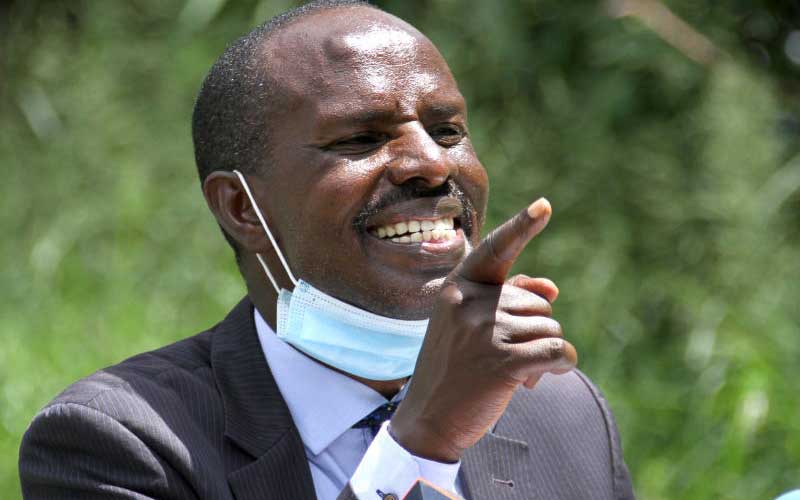×
The Standard e-Paper
Kenya’s Boldest Voice

Knut Secretary General Wilson Sossion during yesterday’s press conference in Nairobi. Groups warn that with the current Covid-19 trends, it would not be right to reopen schools then risk lives of learners. [David Njaaga, Standard]
A proposal to reset national exams has been floated in a report that also suggests that candidates should sit the tests between January and April next year.